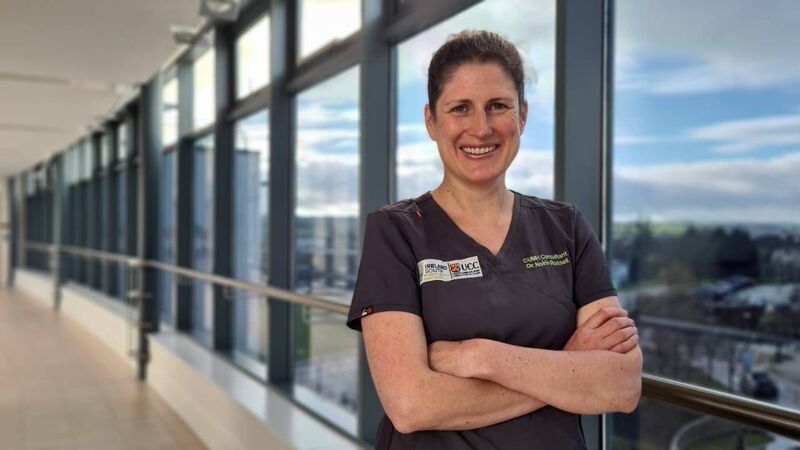CervicalCheck work on new model to eliminate the cancer begins in 2022

Dr Nóirín Russell, Cervical Check: "By the end of this year, if you take 2020 and 2021 together, we will have screened the same number of women as any previous two years as if there was never a pandemic or a cyber attack."
CervicalCheck has been operating at 20% above capacity for the past 11 months, and is preparing to help eliminate cervical cancer in Ireland.
Usually, Ireland’s cervical cancer screening service would see around 270,000 women per year. This year, the service had completed around 300,000 screening appointments by the end of October.










